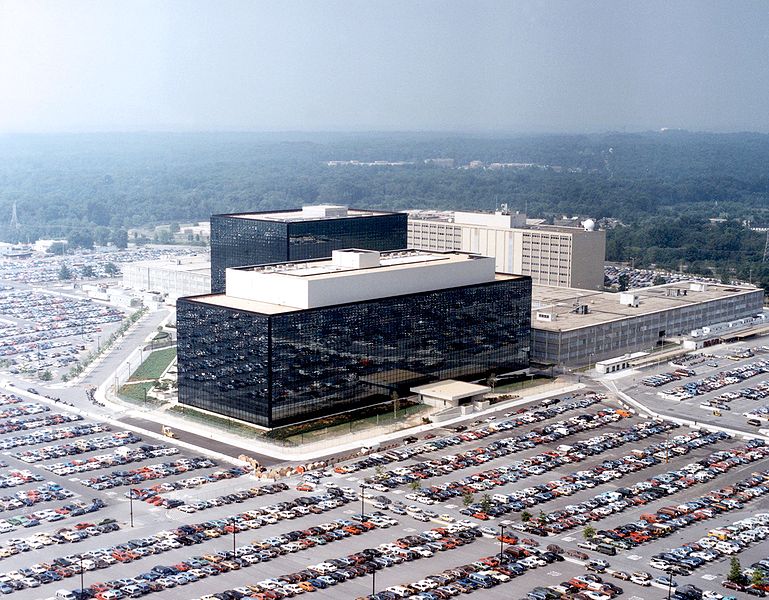Metadata Surveillance, Secrecy, and Political Liberty (Part One)
Current Berkman People and Projects 2013-07-29
Summary:
 (Following on from Rebekah Bradway's post last week regarding government-created metadata as public records, we are pleased to present a two-part post from Bryce Newell on the role of metadata in government surveillance. -- Ed.)
(Following on from Rebekah Bradway's post last week regarding government-created metadata as public records, we are pleased to present a two-part post from Bryce Newell on the role of metadata in government surveillance. -- Ed.)
As much of the world is now undoubtedly aware, the National Security Administration (NSA), and many other signals intelligence agencies around the world, have been conducting sophisticated electronic surveillance for quite some time. Many might have expected that such extensive surveillance was occurring, both domestically and globally, prior to Edward Snowden’s release of classified information in June 2013. Indeed, we’ve known about the existence of government driven metadata surveillance and international intelligence cooperation and data-sharing for years. The UKUSA Agreement, which links intelligence agencies in the United States, United Kingdom, Canada, Australia and New Zealand, was declassified by the NSA in 2011, but its existence was reported much earlier.
What we haven’t known, perhaps, are some of the specifics (e.g., here and here) brought to light by the recent revelations – or much about the legal analysis and oversight to which such surveillance activities are subjected to in practice. The fallout from Snowden’s disclosures has not been limited to the U.S. either. News media in both Canada and the U.K. have released documents indicating that agencies in these countries are also conducting similar programs.
Much of this surveillance appears limited to the metadata – information about information – associated with telephone calls, emails, and other forms of electronic communications. Officials are claiming that metadata is less revealing than the actual contents of our communications – although who hasn’t sent or received an email that included all of its content in the subject line? However, as our landline-initiated telephone calls of the past have been largely supplanted by cellular phone, wireless, and Internet-based communication, the amount of metadata – and its ability to ascribe revealing attributes about us – has grown tremendously. Correspondingly, much more can be done with this data to reveal personal information.
Prior to mass adoption of and access to the Internet, our electronic communications metadata consisted of logs indicating which numbers we called from, what numbers we called, at what time we made these calls, and how long the calls lasted. Much of this information is what we expect to see on a phone bill from our phone company. Now, however, our communications metadata often includes (among other things) highly accurate
Link:
http://feedproxy.google.com/~r/CitizenMediaLawProject/~3/rDIhY6GO_BA/metadata-surveillance-secrecy-and-political-liberty-part-oneUpdated:
07/29/2013, 13:12From feeds:
Fair Use Tracker » Current Berkman People and ProjectsBerkman Center Community - Test » Citizen Media Law Project